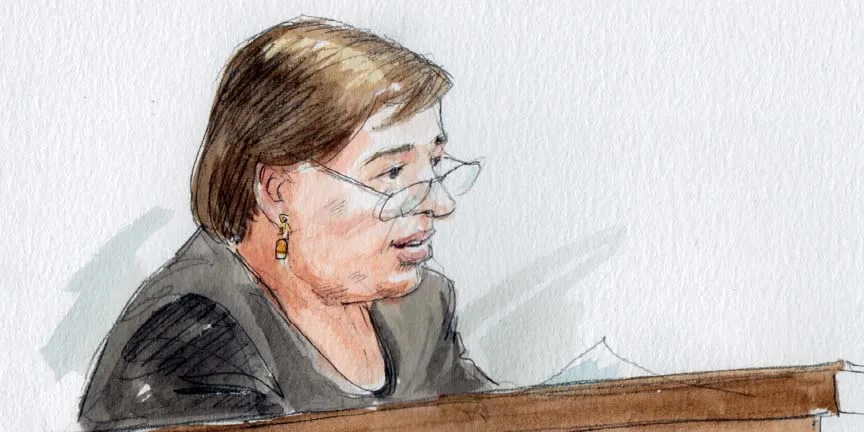Court will not stay NCAA athlete-compensation ruling


The Supreme Court declined on Tuesday to block a lower-court ruling that allows colleges and universities to pay some student-athletes for expenses related to education. The National Collegiate Athletic Association and a group of athletic conferences had asked the justices to stop the ruling by the U.S. Court of Appeals for the 9th Circuit from going into effect while they seek review of that decision in the Supreme Court. Justice Elena Kagan, who handles emergency requests from the 9th Circuit, denied the NCAA’s request without explanation and without referring it to the full court – suggesting that she did not regard the application as a close call.
Kagan’s order comes in the latest chapter in the longstanding debate over amateurism in college sports. As it explained in its filing in the Supreme Court last week, the NCAA has long maintained that “a hallmark of intercollegiate athletics” is “a revered tradition of amateurism.” In 2014, a group of NCAA Division I football players and basketball players filed the lawsuit that led to Tuesday’s order, arguing that the NCAA rules restricting athlete compensation violate federal antitrust laws. A federal district judge in California agreed with the student-athletes that the NCAA could not generally limit compensation related to education – for example, computers, musical instruments, and scholarships and internships after the student-athletes are no longer eligible to compete – and the 9th Circuit upheld that ruling in May.
Represented by former U.S. Solicitor General Seth Waxman, the NCAA (as well as the athletic conferences) came to the Supreme Court last week, asking the justices to freeze the 9th Circuit’s ruling while the NCAA and the conferences seek Supreme Court review. Arguing that the 9th Circuit’s decision upheld an order by the district court that “effectively created a pay-for-play system for all student-athletes” and was “quintessential judicial micromanagement,” the NCAA warned that the lower court’s decision “will unquestionably turn student-athletes into professionals, ending a century-long tradition of amateurism in college sports.” And the harm from the ruling “could not easily be undone” if the decision is allowed to go into effect while the appeals are pending, the NCAA continued, because colleges and universities could “immediately begin making promises to recruit prospective student-athletes or to entice existing student-athletes to remain,” and the effects of those promises will “unquestionably alter” how NCAA sports are viewed – possibly forever.
The NCAA is likely to file its petition for review sometime this fall.
This post was originally published at Howe on the Court.
Posted in Emergency appeals and applications